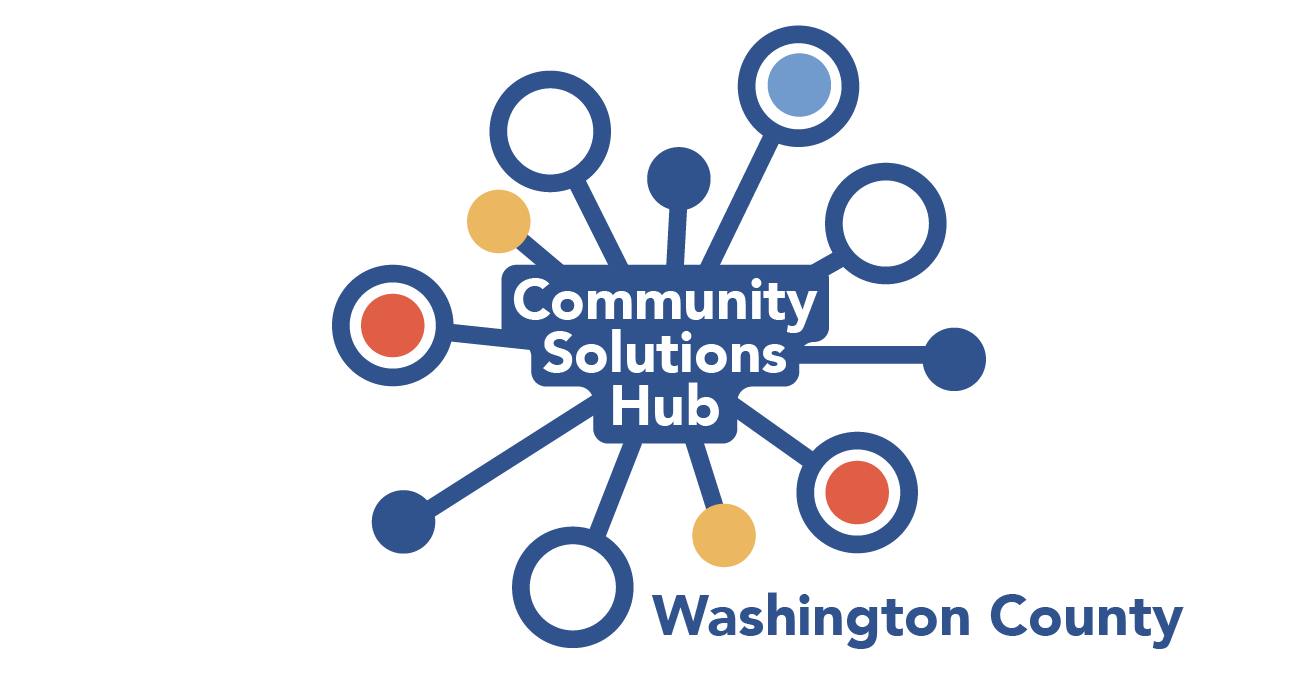Promising Practices
The Promising Practices database informs professionals and community members about documented approaches to improving community health and quality of life.
The ultimate goal is to support the systematic adoption, implementation, and evaluation of successful programs, practices, and policy changes. The database provides carefully reviewed, documented, and ranked practices that range from good ideas to evidence-based practices.
Learn more about the ranking methodology.
Filed under Evidence-Based Practice, Health / Children's Health, Children, Families, Urban
Goal: The goal of Healthy Families Palm Beach is to prevent child abuse and neglect.
Impact: The Healthy Families program improves birth outcomes, nurtures child development, prevents child abuse and neglect, improves family functioning, and help parents develop more positive beliefs in their parental roles.
Filed under Evidence-Based Practice, Health / Older Adults, Older Adults
Goal: The mission of the program is to shape the evolving health system by developing and spreading high-value models of community-based care and self-management for diverse populations with chronic conditions.
Filed under Evidence-Based Practice, Health / Maternal, Fetal & Infant Health, Women
Goal: The initiative's primary purpose was to reduce infant mortality by 50 percent and generally improve maternal and infant health in at-risk communities.
Impact: 20% of the Healthy Start program sites had significantly lower rates of low-birth-weight babies than their comparisons. 20% of the sites also had significantly lower rates of very-low-birth-weight babies than their comparisons. Four of the sites had significantly lower pre-term birth rates.
Filed under Evidence-Based Practice, Health / Children's Health, Children, Families, Urban
Goal: Improve early identification of concerns and initiate interventions to improve the health, development and emotional wellness of children, newborn to age three.
Impact: HSFYC parents were less likely to use severe discipline (OR: 0.68) and more likely to negotiate with their child (OR: 1.20). HSFYC parents had greater odds of reporting a clinical or borderline concern regarding their child's behavior (OR: 1.35).
Filed under Evidence-Based Practice, Health / Heart Disease & Stroke
Impact: The Community Preventive Services Task Force (CPSTF) recommends the use of interactive digital interventions to improve blood pressure control in patients with high blood pressure.
Filed under Evidence-Based Practice, Health / Heart Disease & Stroke
Filed under Evidence-Based Practice, Health / Heart Disease & Stroke
Impact: The Community Preventive Services Task Force (CPSTF) recommends tailored pharmacy-based adherence interventions for cardiovascular disease prevention. Evidence shows interventions delivered by pharmacists in community and health system pharmacies increased the proportion of patients who reported taking medications as prescribed. The CPSTF also finds these interventions are cost-effective for cardiovascular disease prevention.
Filed under Evidence-Based Practice, Health / Immunizations & Infectious Diseases, Adults, Racial/Ethnic Minorities
Goal: To educate the Chinese Canadian immigrant community on Hepatitis B knowledge and to promote Hepatitis B testing through ESL curriculum.
Impact: The Chinese immigrant population in North America has a rate of Hepatitis B infection that is 10 times higher than the general population's rate of approximately 0.5 percent. The Hepatitis B ESL curriculum is effective in increasing knowledge about Hepatitis B among Chinese immigrants in Canada.
Filed under Effective Practice, Environmental Health / Built Environment, Adults, Racial/Ethnic Minorities, Urban
Goal: To increase physical activity among residents of the in the High Point Seattle public housing area through improvement in the built environment.
Filed under Good Idea, Education / Student Performance K-12, Children, Teens, Families, Racial/Ethnic Minorities, Urban
Goal: The mission of HAP is to assist middle school students in underserved areas with improving their grades, school attendance, test scores, and access to learning opportunities, leading to admission into top high schools in the Washington, DC area.

